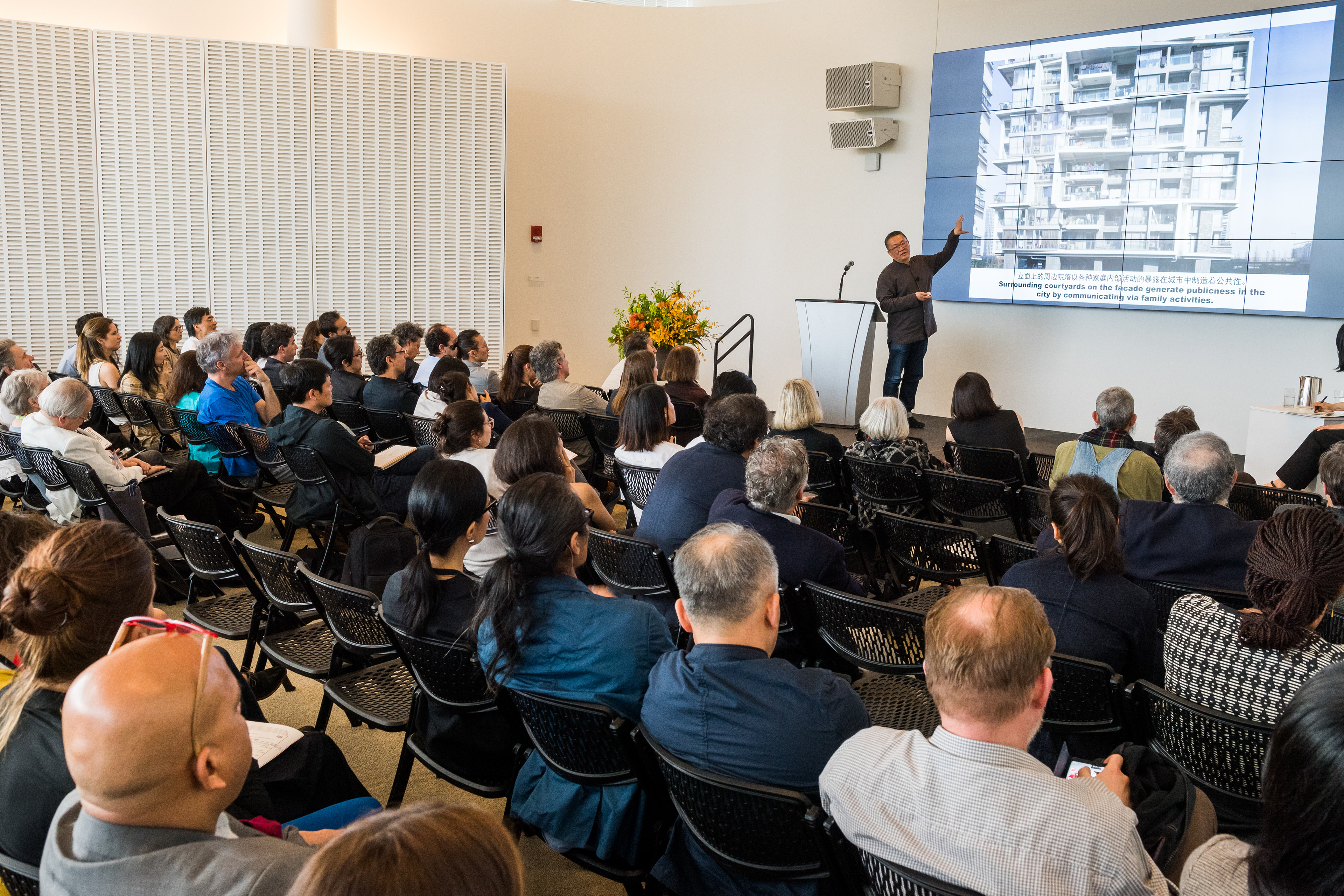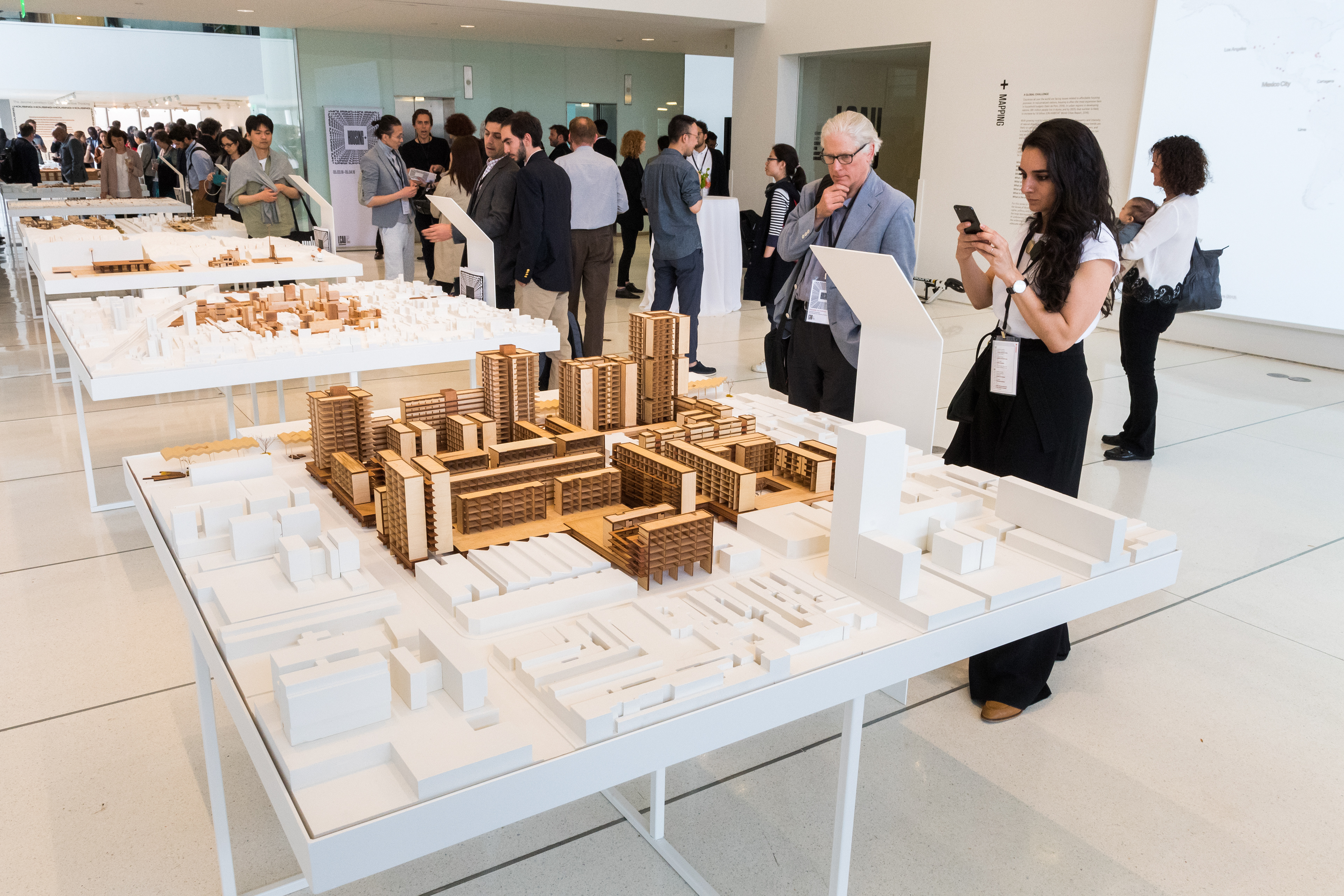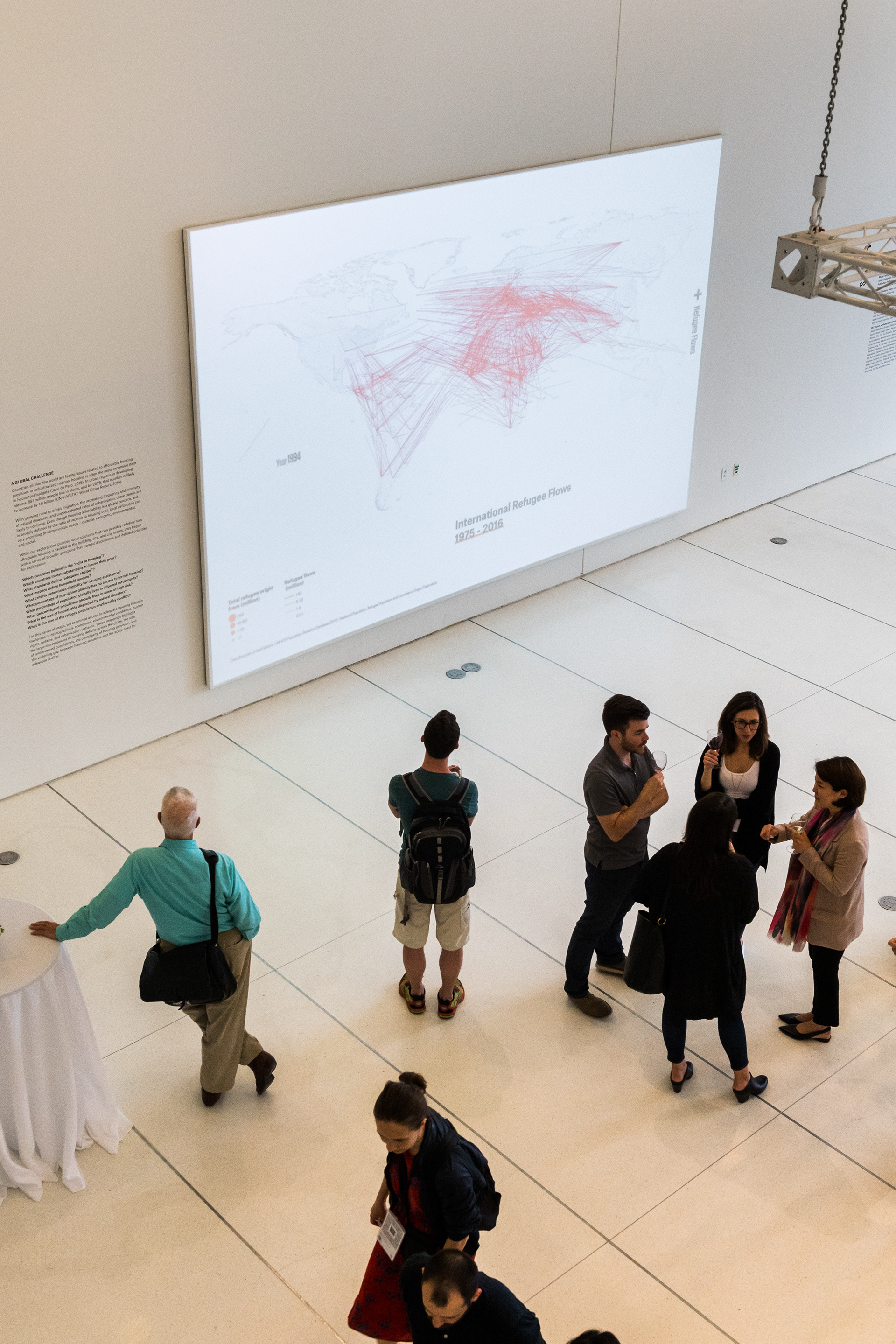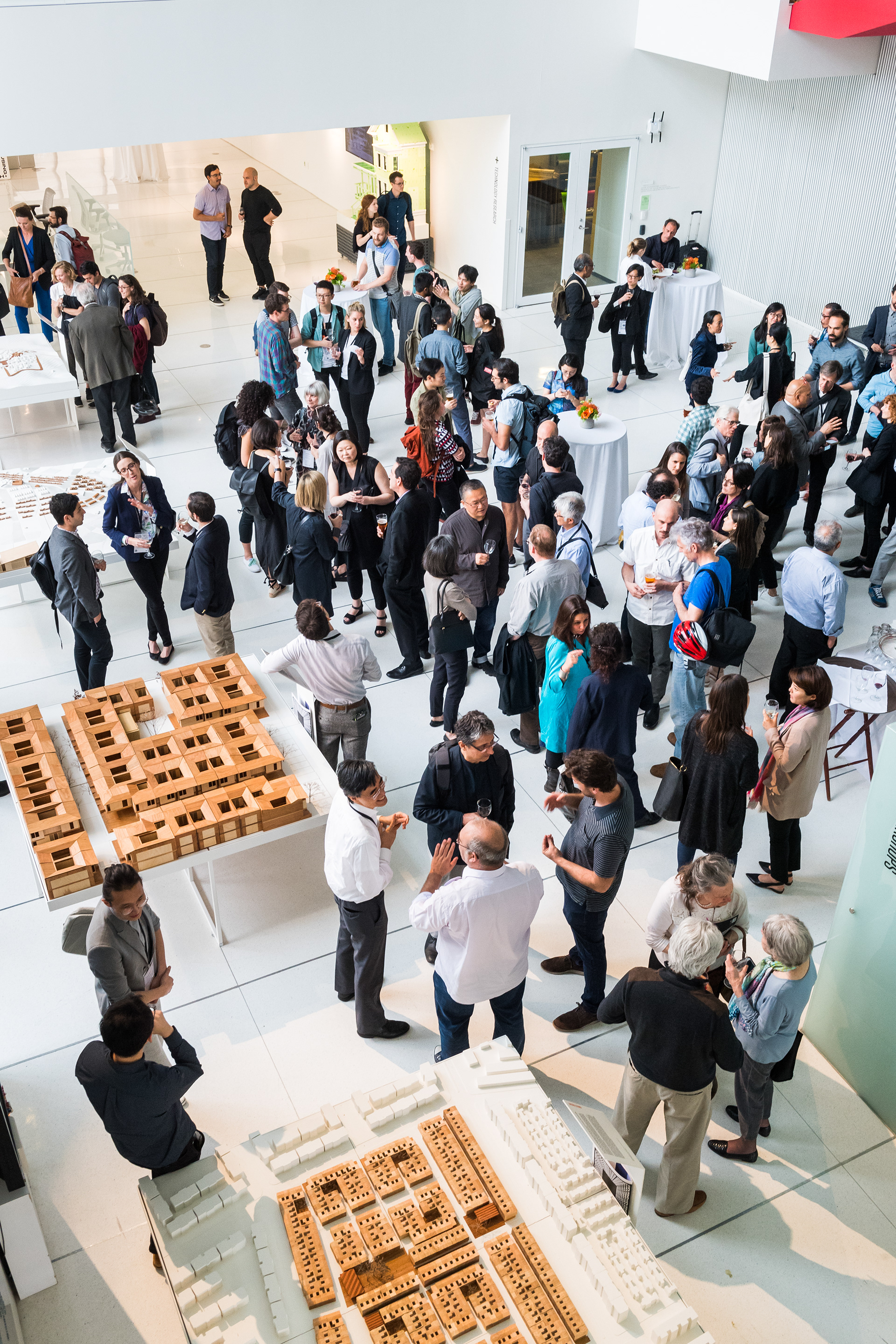The Importance and Challenges of Affordable Housing
Housing is a fundamental aspect of life, serving as the bedrock for social communities and stimulating community building. It extends beyond the private realm, forming an essential part of urban infrastructure. Quality housing supports services and institutions, significantly impacts community health, and facilitates economic participation through ownership. As the largest fabric of urbanity, housing plays a critical role in shaping our cities.
Providing affordable housing is a monumental challenge that urgently requires innovative solutions. In industrialized nations, housing is often the most significant expense in household budgets, contributing to widespread homelessness, with estimates of 600,000 homeless individuals in Europe and over 750,000 in the United States (UNHABITAT, 2011). In developing countries, approximately 881 million people live in slums, a number projected to rise to 1.6 billion by 2025. In South Asia alone, there is a housing deficit of 38 million dwellings. The informal sector currently supplies between 60 and 90 percent of housing in countries like Zambia, Lima, Caracas, and Ghana (UNHABITAT World Cities Report, 2016).
The pressures of rapid rural-to-urban migration, natural disasters, and unprecedented urbanization exacerbate these housing challenges. Addressing them requires interdisciplinary and multi-scalar approaches that go beyond viewing housing merely as shelter.
Despite efforts from governments, private enterprises, and non-governmental organizations, comprehensive affordable housing solutions remain elusive. However, progress has been made in social science, policy, and humanities. Design, particularly at the scale of houses, neighborhoods, or cities, is often overlooked in discussions about housing affordability. There is a notable lack of affordable housing designs that are inspiring, sustainable, inclusive, and capable of meeting diverse human needs and aspirations on a meaningful scale.
Recognizing these growing concerns, the MIT Norman B. Leventhal Center for Advanced Urbanism (LCAU) is investigating the potential of multi-scalar design to address these challenges. LCAU's research and innovations in this field will culminate in an international exhibition and conference in May 2018, showcasing forward-thinking solutions and fostering global dialogue on the future of affordable housing.




CREDITS
Exhibition and Conference: Adèle Naudé Santos
Exhibition Curator: Gabriel Kozlowski
Conference Curator: Laura Wainer
Art Director: Paul Montie
Graphic Design: Siena Scarff Design
Map Production: Waishan Qiu
Model Fabrication: Joey Jacobsen
Table Fabrication: Airport Railings Co. Ltd.
Publication Production: Sneha Mandhan
Short Films: Matthew Niederhauser and John Fitzgerald
Main Exhibition Team: Justin Lim, Juncheng Yang and Alexander Wiegering
Exhibition Assistants: Diana Ang, Giovanni Bellotti, Andrew Brose, Sarah Brown, Sea Hoon
Kim, Kelly Main, and Manuela Uribe
Faculty collaborators: Anton Garcia-Abril, Marie Law Adams, Azra Aksamija, Angelo Bucci, Lorena Bello Gomez, Mark Goulthorpe, Sheila Kennedy, Debora Mesa Molina, Brent D. Ryan, Larry Sass, Rafi Segal, and James L. Wescoat Jr.
MIT student workshop participants: Diana Ang, Andrea Baena, Natalie Bellefleur, Giovanni Bellotti, Xhulio Binjaku, Kyle Branchesi, Andrew Brose, Sarah Brown, Wenxin Cai, Wan Chantavilasvong, Bumsuk Cho, Eric Van Dreason, Jaya Eyzaguirre, Paloma Gonzalez, Monica Hutton, Max Jarosz, Zain Karsan, Kadeem Khan, Alexander
Kobald, Jacob Kohn, Pavlo Kryvozub, Justin Lim, Qianhui Liang, Yi Liu, Mary Lynch-Lloyd Kelly Main, Anne Graziano, Daniel Marshall, Alina Nazmeeva, Rushil Palavajjhala, Danie
Heriberto Palencia, Sean Phillips, Karthikeyan K.S. Raman, Helena Rong, Ellen Shakespear, Maya Shopova, Taeseop Shin, Ranu Singh, Angelos Siampakoulis, Nneka Sobers, Danniely
Staback, Tyler Swingle, Yair Titelboim, Sera Tolgay, Waishan Qiu, Manuela Uribe, Ayna
Verella, Ching Ying Ngan, Alexander Wiegering, Yue Wu, Daya Zhang
Exhibition and Conference: Adèle Naudé Santos
Exhibition Curator: Gabriel Kozlowski
Conference Curator: Laura Wainer
Art Director: Paul Montie
Graphic Design: Siena Scarff Design
Map Production: Waishan Qiu
Model Fabrication: Joey Jacobsen
Table Fabrication: Airport Railings Co. Ltd.
Publication Production: Sneha Mandhan
Short Films: Matthew Niederhauser and John Fitzgerald
Main Exhibition Team: Justin Lim, Juncheng Yang and Alexander Wiegering
Exhibition Assistants: Diana Ang, Giovanni Bellotti, Andrew Brose, Sarah Brown, Sea Hoon
Kim, Kelly Main, and Manuela Uribe
Faculty collaborators: Anton Garcia-Abril, Marie Law Adams, Azra Aksamija, Angelo Bucci, Lorena Bello Gomez, Mark Goulthorpe, Sheila Kennedy, Debora Mesa Molina, Brent D. Ryan, Larry Sass, Rafi Segal, and James L. Wescoat Jr.
MIT student workshop participants: Diana Ang, Andrea Baena, Natalie Bellefleur, Giovanni Bellotti, Xhulio Binjaku, Kyle Branchesi, Andrew Brose, Sarah Brown, Wenxin Cai, Wan Chantavilasvong, Bumsuk Cho, Eric Van Dreason, Jaya Eyzaguirre, Paloma Gonzalez, Monica Hutton, Max Jarosz, Zain Karsan, Kadeem Khan, Alexander
Kobald, Jacob Kohn, Pavlo Kryvozub, Justin Lim, Qianhui Liang, Yi Liu, Mary Lynch-Lloyd Kelly Main, Anne Graziano, Daniel Marshall, Alina Nazmeeva, Rushil Palavajjhala, Danie
Heriberto Palencia, Sean Phillips, Karthikeyan K.S. Raman, Helena Rong, Ellen Shakespear, Maya Shopova, Taeseop Shin, Ranu Singh, Angelos Siampakoulis, Nneka Sobers, Danniely
Staback, Tyler Swingle, Yair Titelboim, Sera Tolgay, Waishan Qiu, Manuela Uribe, Ayna
Verella, Ching Ying Ngan, Alexander Wiegering, Yue Wu, Daya Zhang